Can Cats Eat Tuna in Water?
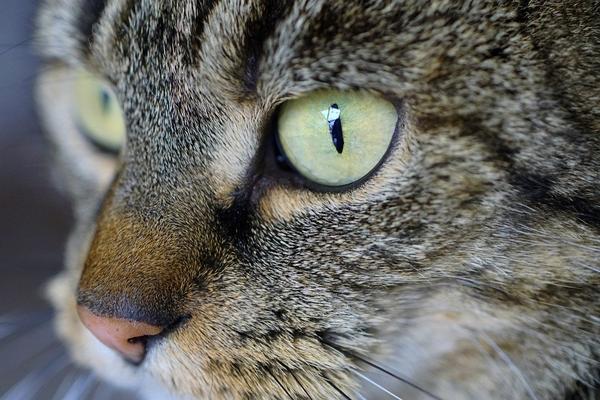
So, you're a little worried about giving your cat tuna in water, huh?
You've heard all these rumors and horror stories about potential health risks, and now you're left wondering if it's really safe for your feline friend. 🐱
Well, I totally get it!
You want the best for your fur baby, and you don't want to take any chances.
But hey, don't fret just yet.
I promise I'm gonna give you all the lowdown on this tuna feast, so you can finally put those worries to rest.
Ready to dive in and find out the truth?
Let's get started.
Can Cats Eat Tuna in Water?
Can cats eat tuna in water?
Yes, they can.

Tuna packed in water is a safe and healthy addition to your cat's diet. Here's what you need to know:
- Tuna is full of protein that your cat needs to stay strong and healthy. It has essential amino acids that keep their muscles in shape and support overall well-being.
- The water in canned tuna helps your kitty stay hydrated. Cats can be picky about drinking water, so the extra moisture from tuna is good for their water intake.
- Remember to give tuna in moderation. While it can be a yummy treat, too much tuna can cause mercury poisoning or mess up their balanced diet.
- Pick tuna packed in water, not oil. Oil-packed tuna can have too much fat and calories, leading to weight gain and digestive issues in cats.
- If your cat has health conditions like kidney problems, talk to your vet before adding tuna to their meals.
- Make sure the tuna is plain with no added flavors or seasonings that might harm your cat.
Variety is important in your cat's food. So while tuna can be a delicious option, don't let it replace their regular cat food.
That being said, go ahead and share a bit of tuna in water with your furry friend.
They'll love their nutritious snack!
Main points I'll expand upon further down this article:
- Tuna water can be made at home using spring water for better flavor.
- Cats can become addicted to tuna, so it should be given in moderation.
- Too much tuna consumption can cause hairballs, vomiting, and health problems for cats.
- Tuna is highly enticing to cats due to its strong aroma and savory taste.
- Guidelines for feeding tuna to cats include moderation and consideration of quality and additional ingredients.
- Tuna should only be used as a treat or mood enhancer, not a regular meal.
- Canned tuna should be avoided for kittens below a certain age and mashed for easier consumption.
- Excessive consumption of tuna can be unhealthy and fatal for cats due to added ingredients and high unsaturated fat levels.
- Some cats can develop allergies or sensitivities to fish, showing symptoms like itching, vomiting, and loss of appetite.
- Tuna lacks essential vitamins, so a well-balanced meal plan for cats is necessary.
What Is Tuna Water?
Tuna water is the flavorful liquid found in cans of tuna. It acts as a delicious broth that enhances the taste of the tuna. Instead of purchasing it, you can easily make homemade tuna water using spring water and the water from a can of skipjack, albacore, or yellowfin tuna.
Tuna water, my buddy, it's that enchanting liquid in those tuna cans. You know what I mean, right? It's like a yummy broth that enhances the tuna and makes it even tastier. But guess what? No need to buy tuna water, oh no! You can whip it up at home. Yep, my friend, channel your inner chef and impress yourself and your cat. Here's how...
Start with clean, refreshing spring water. Pour some into a bowl, then crack open a can of skipjack, albacore, or yellowfin tuna (the top-tier picks). Dump the tuna, including the water, into the bowl with the spring water. Mix it all together real good. And bam.
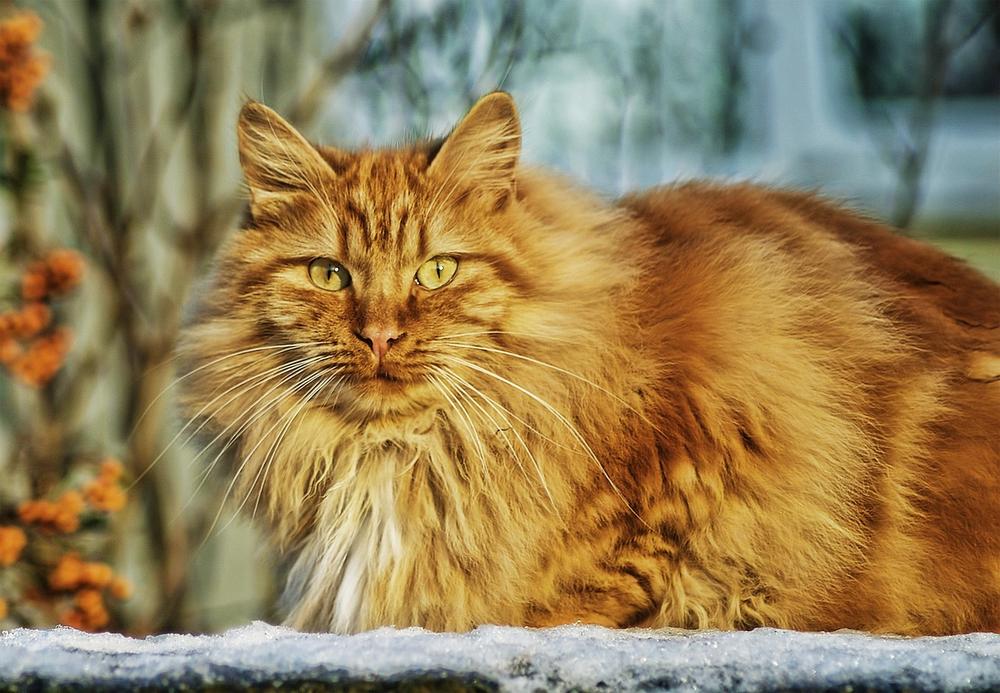
You've got homemade tuna water that'll elevate your cat's meal to another level of yum. Pour it over their food and watch them devour it eagerly. Go on, give it a go and witness the joy it brings your furry pal. After all, they deserve only the best, don't they? 🐟
And did you know that when it comes to feeding your furry pal, there's one question that might be on your mind? "Can cats eat jelly?" Well, I've got you covered.
If you're curious about whether jelly is safe for your feline friend or if it could pose any risks, you'll definitely want to check out my guide – Can Cats Eat Jelly.
Trust me, you don't want to miss it!
What if My Cat Is Addicted to Tuna?
Is Your Cat Addicted to Tuna? Uh-oh!
You've been giving your cat a ton of tuna, maybe even too much.
Well, let me tell you something:
Your cat might be hooked on tuna!
Yeah, seriously.
Cats can form a real liking for tuna and refuse any other food options, which is not good for their health at all.
Gradually Wean Your Cat Off the Tuna
If your little furball only wants tuna and turns up their nose at anything else, it's time to take action.
You don't want them missing out on essential nutrients because of an imbalanced diet, do you?
That's definitely not what we want.
So, here's what you need to do: slowly reduce the amount of tuna you give your cat and introduce other sources of protein in their meals.
It might take some time, but trust me, it's totally worth it.
Get Some Professional Advice
If you're concerned about your cat's love affair with tuna (and yes, you should be), it's best to seek advice from a veterinarian.
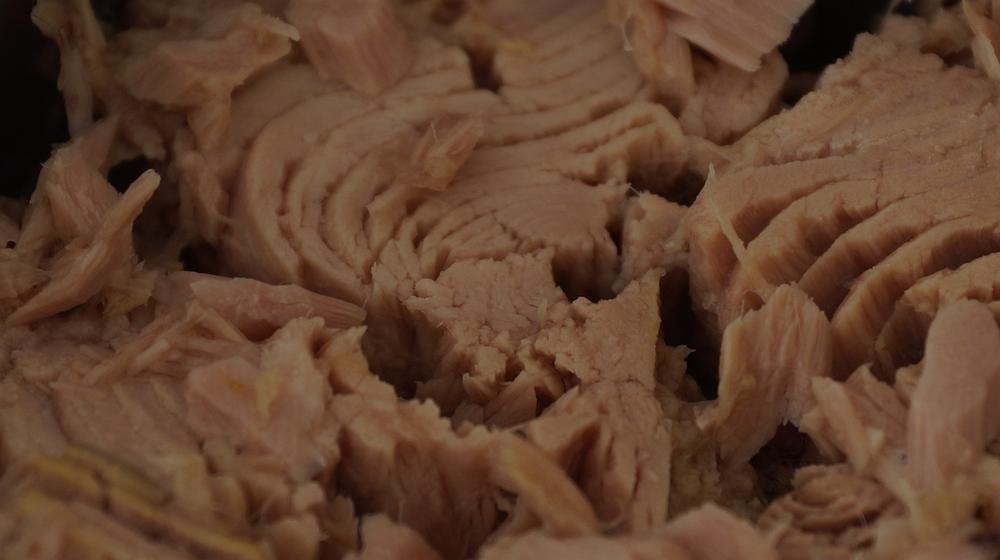
They are the experts when it comes to cat nutrition and can guide you on what your feline friend needs in their diet.
Remember, cats have unique dietary requirements, and relying solely on tuna won't cut it.
So, go ahead and schedule that appointment with the vet.
They'll help your cat get back on track to a healthier lifestyle.
By the way, consuming excessive amounts of tuna can lead to some unpleasant health issues like hairballs, vomiting, and more.
Trust me, it's something you definitely want to avoid.
So, remember, a balanced diet is the key, my friend.
And speaking of alternative food options for your cat, why not consider adding some strawberries to their diet? Yes, you heard me right, strawberries! If you're wondering whether it's safe for cats to eat strawberries and want to learn more about feeding them this delicious fruit, I highly recommend checking out my article "Can Cats Eat Strawberry".
Why Does My Cat Go Crazy When They Smell Canned Tuna?
Cats go nuts for canned tuna. It's all because of their super sniffers - they can pick up scents like nobody's business.
And when that strong tuna smell hits their noses, it's like catnip on steroids.
The taste is another big draw.
The savory goodness of tuna is like a siren's song to cats.
It sets off pleasure fireworks in their brains, making them go wild with excitement.
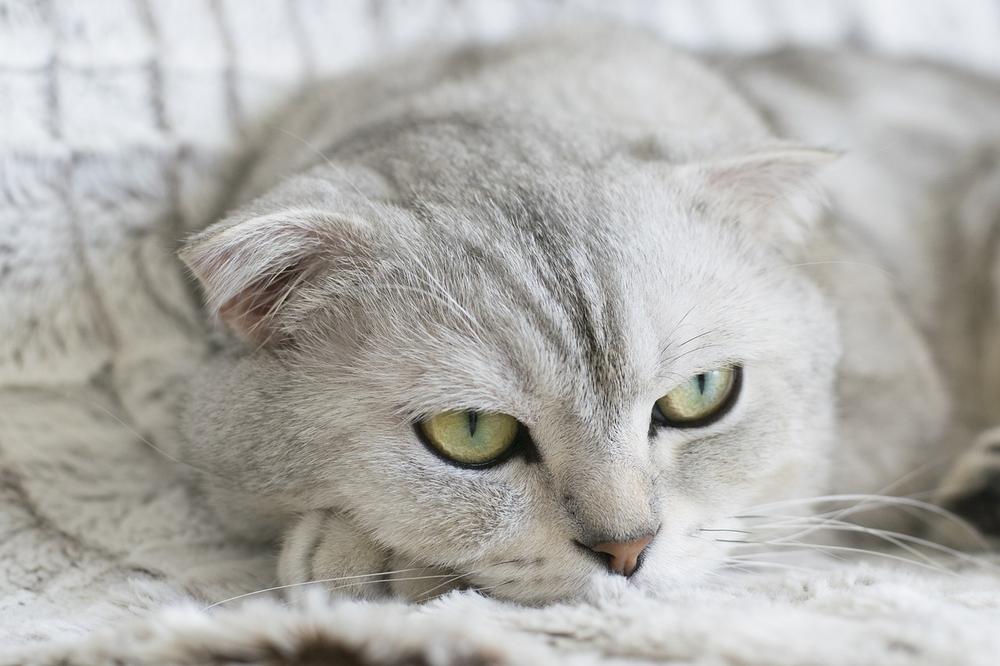
But why is the smell of canned tuna so darn irresistible?
Well, it's like a secret language only felines understand. Tuna has this unique aroma that cats can't resist decoding.
And let's not forget about the flavor.
It's like a fine dining experience for cats. They can't say no to the culinary delight that is tuna.
So, if your cat loses its mind when you crack open a can of tuna, there's more to it than meets the eye:
- The strong scent awakens their inner hunter. Tuna smells just like fresh prey, triggering their natural instincts.
- It's a break from their boring everyday kibble. The change in diet adds an extra dose of excitement to the mix.
- Canned tuna's texture and juiciness are perfect for quick devouring. Cats love the easy gobbling and the satisfaction that comes with it.
No wonder your furry buddy goes wild when a tin of tuna is around.
Don't be caught off guard when crazy cat mode kicks in - blame it all on the tantalizing powers of canned tuna.
Guidelines for Feeding Tuna –
Here's how to feed tuna to cats the right way:
- Wait until your kittens are about 5 months old before introducing them to tuna. This will help them grow and develop properly.
- Before that age, stick to specially formulated kitten food that has all the nutrients they need.
- If you do give tuna to kittens, make sure it's in moderation and mashed up. Don't give it to them too early.
- Remember that tuna should be more like a treat or something to boost their mood, not a regular meal for cats.
- Keep an eye on how much they eat and make sure to mix up their diet with different textures and types of meat.
- When you're serving tuna to cats, don't add popular condiments, spices, marinades, or milk. Keep it plain.
- Be careful with canned tuna because it can have added ingredients, high levels of unhealthy fats, and potential exposure to BPA, which can be harmful if eaten excessively.
- If you want a safer option than tuna, try low-mercury seafood like tilapia or sole. They are better for your cat's consumption.
- Some cats may have allergies or sensitivities to fish, which can cause problems like itching, hair loss, skin issues, vomiting, diarrhea, gas, and loss of appetite.
- It's important to know that tuna doesn't have all the essential vitamins that cats need, so if you choose tuna, go for the kind packed in spring water.
But overall, to make sure your cat gets a balanced diet, it's best to rely on commercial cat food that has proteins, essential fatty acids, vitamins, and minerals.
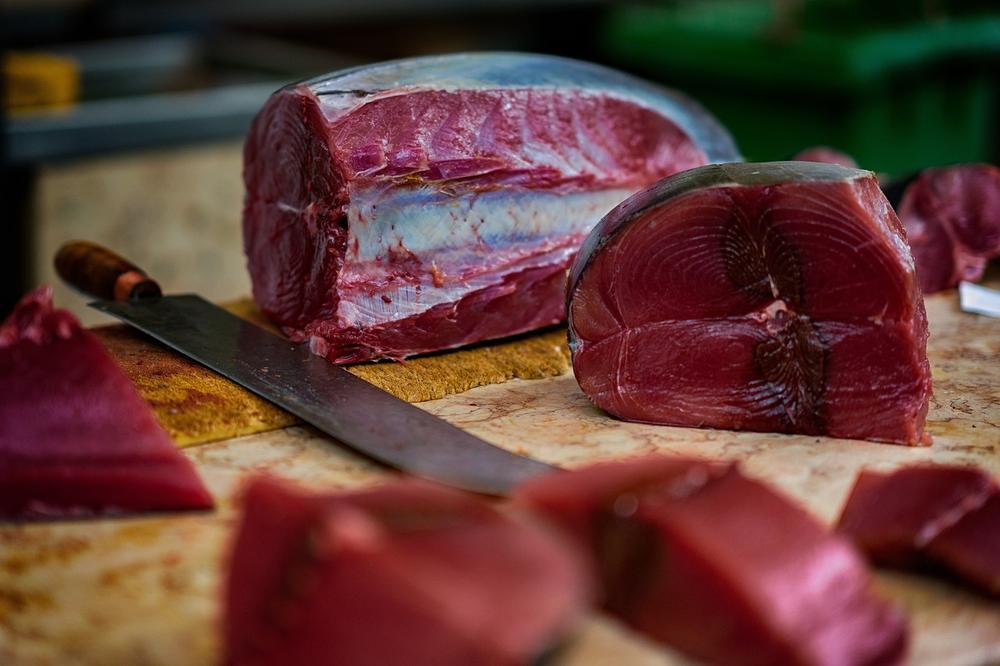
And now, let me introduce you to some cat experts who can provide valuable insights into feline nutrition and care...
And that wraps up today's article.
If you wish to read more of my useful articles, I recommend you check out some of these: Can Cats Eat Mayonnaise, Can Cats Eat Mustard, If Cat Licks My Food Can I Eat It, Can Cats Eat Gummy Bears, and Can Cats Eat Oreos
Talk soon,
-Sarah Davis